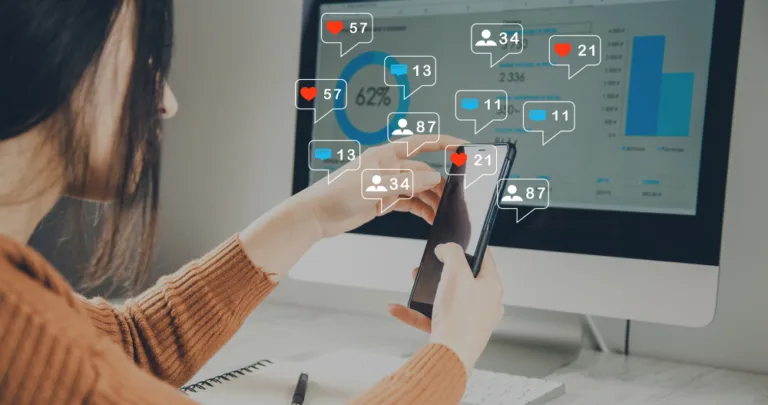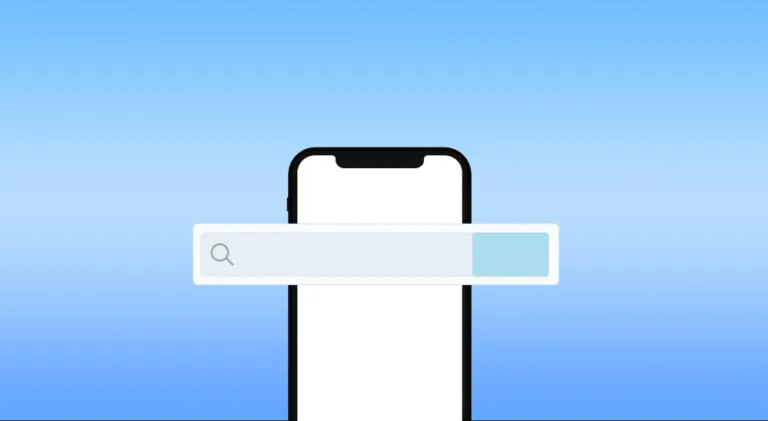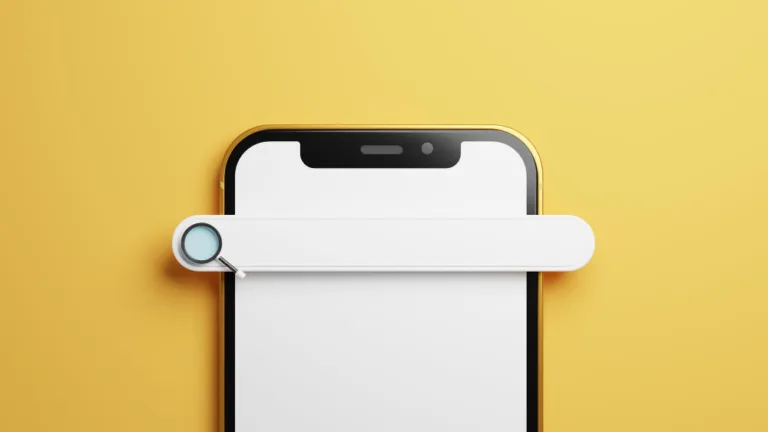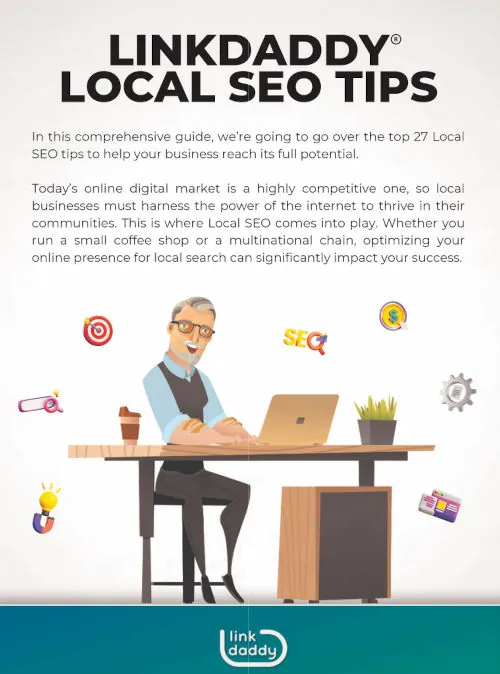
With all the marketing platforms available today, marketers are always scrambling to find out the best way to let people know about new products, businesses, or services. Numerous options such as digital billboards, pop-up events, and viral videos on social media are some good marketing platforms that can get a lot of attention from potential customers.
However, if you truly want to provide a memorable and outstanding experience for your target customers, one thing you should definitely get your toes into is experiential marketing. Read on to find out what experiential marketing is and what types of campaigns have already found success in this type of marketing campaign.
Whether you’re a digital marketing newbie or a professional who has been in the field for years, finding out about new ways to market your client’s products and services is a surefire way to get ahead of your competition. Read on to find out the different types of innovative experiential marketing techniques you can try for yourself today.
What is Experiential Marketing?

A lot of people often find themselves confused as to what experiential marketing is. Perhaps it is because it is often defined as something that is life, immersive, and literally experiential. This may seem like a vague explanation, but that’s exactly what experiential marketing is.
Experiential marketing is basically a marketing campaign that enables people to physically take part in the delivery or receipt of the marketing message. Some of the most common ways to explore experiential marketing is through event marketing and ambient marketing.
Event marketing refers to those pop-up events that specifically cater to the promotion of a certain product, service, or business. These pop-up activation events usually last for a day or sometimes more. Pop-up activation events are usually flashy and are meant to go out with one big bang.
Ambient marketing on the other hand usually comes in the form of an interactive and physical advertisement. Unlike event marketing, ambient advertisements blend in with the environment. It is often made to look like it has always been a part of a certain place. Because of so, ambient advertisements usually last longer than experiential marketing events.
When it comes to experiential marketing, all you really have to do is make sure that your target audience will be engaged. To do this, you must first conduct sufficient market research so that you have a firm grasp of your target audience’s personal behaviours and interests. When you know your customer at a deeper level, you can then craft all sorts of experiential marketing campaigns that will certainly catch their attention and curiosity. From here you can then move them further on your customer journey until they take the action you want them to take.
Successful Experiential Marketing Examples
Experiential marketing isn’t as new as you’d think it would be. As early as the 2000s marketers have been taking advantage of this type of marketing strategy to capture the attention of their potential customers. Here are five quick examples of experiential marketing campaigns that have gathered the attention of both marketers and customers all over the globe.
- 29Rooms by Refinery29
Refinery 29 is a lifestyle brand that has perfected the art of experiential marketing. Every year they hold an event wherein attendees can enter twenty-nine different rooms. Each room comes with its own branding. This means every room has a different vibe that showcases the versatility of the Refinery29 lifestyle brand. What’s interesting about Refinery29’s 29 rooms event is how they utilize other brand partners to make the most out of their event. Depending on the theme, some rooms would come with artists, bands, food, and more.
- Subway Piano Staircase by Volkswagen
Volkswagen’s piano staircase is probably one of the most famous examples of ambient marketing. For this experiential advertising campaign, Volkwagen tried to promote their “The Fun Theory.” For this campaign, they were trying to prove that people tend to take part in activities that are fun to do.
To prove their “Fun Theory,” Volkswagen turned a normal subway staircase into an actual working piano. Each step was turned into either a black or white piano key. When people stepped on the stairs, each step made a sound. True enough, people did walk and played on the piano staircase and it became a viral advertisement back in 2009.
- House of Vans by Vans
Another type of successful pop-up event experiential marketing is Vans’ house of vans event. For this event, Vans hosted a pop-up skatepark event in major cities around the United States. They used to target New York City and Chicago City so that skateboarders in the urban jungle can get together, skate, and listen to live music from featured artists and musicians.
- FIFA World Cup VR Experience by Coca-Cola
Coca-Cola is a prominent player in the world of experiential marketing. One of their most recent experiential marketing campaigns was held in Zurich for the FIFA World Cup. To promote the globally acclaimed sport, Coca-Cola created a Virtual Reality booth where people can stand in front of a camera and see themselves on a big screen together with a FIFA player.
What’s great about Coca-Cola’s VR experience is how they made it into an interactive game where people can play a game of football with their chosen players. It’s a truly immersive advertisement that has effectively showcased what you can expect to experience from the FIFA World Cup.
Hiring a Digital Marketing Agency Vs Hiring a Marketing Employee in House
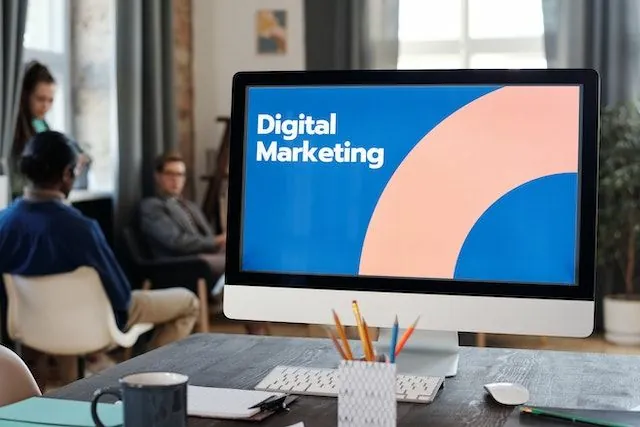
Marketing a product, service, or business has never been easier than it is today. There are hundreds of different platforms that people can use to effectively market their goods. However, even though the marketing industry has come a long way in terms of technology, one should still possess adequate knowledge to successfully carry out a business’ marketing needs.
When it comes to finding out how a business should market its products and services or itself, one of the hardest choices business owners have to make is to choose between hiring an in-house marketing team or a digital marketing agency.
Fortunately, all you have to do to figure out which choice is right for your business is read along. In this quick article, we’ll be going over the three determining factors that you should consider to make the correct decision for your growing business.
By the end of this article, you will have a clearer understanding of what an in-house marketing team and a marketing agency can do for your business. And you’ll be able to see which of the two best fits your business goals.
3 Things to Consider When Hiring for Marketing
- Expenses and Profits
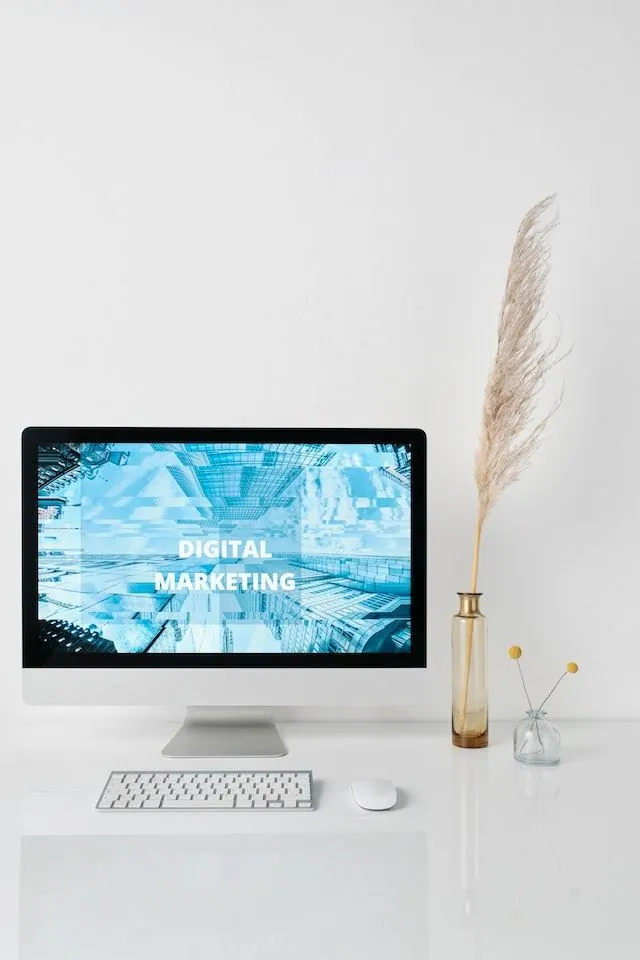
Any wise business owner would always take a look at a business’s expenses and profits first before carrying out any business decision. One aspect of running a business that can cost a significant amount of money is marketing.
Before we get into the numbers, let us first briefly discuss what you can get from a digital marketing agency and an in-house marketing team.
If you decide to hire an in-house marketing team, you will get your own set of people who can carry out your marketing needs. An in-house marketing team can be comprised of 12 people or less. Now what’s great about this is that you get to have a team of people solely focused on doing marketing for your business. However, cost-wise, you would have to incur additional expenses that usually come with employing full-time workers.
A digital marketing agency, on the other hand, is basically a full-packaged team that usually consists of experts in various marketing fields. You may have to relinquish a bit of your control over to a marketing agency, but rest assured, they know how to move your product or business through the market. Additionally, marketing agencies can be easily paid for. This means no extra costs for employee hiring.
To give you a glimpse of how much an in-house marketing team will cost your business, we’ve collected the median salaries of 12 marketing specialists and added them up to get an estimate of the monthly salary cost of an in-house digital marketing team. Excluding all other in-house employment costs, a marketing team of 12 people can cost you up to $66,083 per month.
As for a digital marketing agency, we computed our estimated monthly expense by taking the median hourly rate of marketing agencies in the U.S. and as it turns out, hiring a digital marketing agency will only cost your business around $53,193 per month.
If you’re looking to get support from a full marketing team, it seems like your best bet at saving on expenses is outsourcing a digital marketing agency. What’s great about digital marketing agencies is how you only pay for work that is done. Unlike in a full-time setting where you get to pay for full hours that aren’t always composed of hours spent on delivering work.
2. Communication and Work Culture
The second thing business owners should consider is how a marketing agency or in-house marketing team can affect or apply company communications and work culture.
Aside from the monetary aspect of this tough decision, another determining factor is the value of a company’s work culture. After all, internal communication within a company is one of the keys to success.
The thing is, it can be quite difficult to find a digital marketing agency that can fully understand and share a company’s culture. It is because of this factor that a lot of business owners consider hiring an in-house team.
To make a sound decision based on this factor, a business owner should be completely familiar with the company’s employees. Senior management together with the staff should have a strong sense of teamwork to ensure a flawless marketing workflow. Otherwise, your business may be better off working with an external team that has the expertise to fulfill your company’s practices and branding.
3. Digital Trends and Scaling
As we’ve said before, there are hundreds of new marketing tools that have made marketing easier than ever before. The marketing industry is continuously growing. New technologies and platforms are made every day, and they all require a new set of skills.
With that being said, it is very important for business owners to consider their marketing team’s capability to keep up with digital trends in order to effectively scale through the modern market.
This is where digital marketing agencies shine. Digital marketing agencies would be nothing without their marketing edge. This is why they heavily invest in training their people and keeping them updated with digital trends.
If you decide to hire an in-house marketing team, you should be prepared to shell out some extra expenses for training to keep them updated on marketing trends. You will also need to invest in new software and tools as new marketing platforms come up.
Another thing you should consider when it comes to digital trends and scaling is the amount of time your team needs to learn and become an expert at marketing trends. The more time you could be spending building up your team’s skills can be lost time in terms of gaining profits.
The Bottomline
So which one should you choose? There isn’t really a simple answer to this, but you can get the best of both worlds. One smart decision you can make is to hire an in-house marketing expert that can coordinate with an outsourced digital marketing agency. Another thing you can do is outsource small pieces of work to freelancers to save on costs and time.
At the end of the day, the answer to this choice will be driven by your company’s ability to invest funds and time in order to make a profit. If you don’t really have the luxury to cultivate your company’s in-house marketing team, your best bet at success would definitely be outsourcing work to a digital marketing agency or a handful of freelance individuals.


